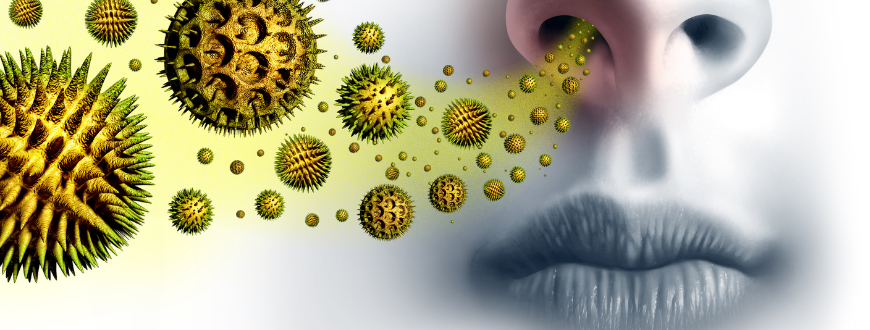The impact of hay fever if not treated adequately is often underrated and symptoms may include irritability, lack of sleep, affect your ability to concentrate at work or school and to carry out simple tasks, and even affect your mental health. Having severe seasonal allergic rhinitis can affect you being able to participate in outdoor activities and even impact on your career, especially if you work outdoors.
If you have asthma it is essential to manage your hay fever symptoms as well as you taking your usual medication for asthma to prevent worsening of your asthma symptoms.
Most people with hay fever will be able to manage their symptoms by taking a daily non-sedating antihistamine. These are available in tablet and syrup form, and you can speak to a pharmacist who will be able to advise you on the best choice for your individual needs. If your symptoms do not improve using a daily antihistamine and/or other allergy medications e.g. nasal spray, or your symptoms last more than two weeks and affect you carrying out everyday tasks, seek advice from a healthcare professional such as your GP or practice nurse.
Some practical tips to manage hay fever include;
- Wear a mask, wraparound sun glasses and a hat with a peak or large brim to keep pollen allergens out of your eyes and face.
- Apply allergen barrier balm to the inside of your nose to help prevent pollen entering the nose.
- Try nasal douching, applying saline solution up the nose to rinse any allergens that may be trapped after blowing the nose.
- For irritated eyes try saline eye drops, to help wash out any allergens that may be irritating the eyes.
On high pollen days;
- Shower, wash your hair and change your clothes, especially your outer layer of clothing, when you arrive home.
- Keep windows closed, this is most important in the early mornings, when pollen is being released, and in the evening when the air cools.
- Avoid mowing lawns or raking leaves yourself.
- Avoid drying clothes/linen outside when pollen counts are high.
- Wipe pets down with damp cloth to remove pollens.
More information and advice
Hay fever Asthma Pollen calendar

 Helpline
Helpline